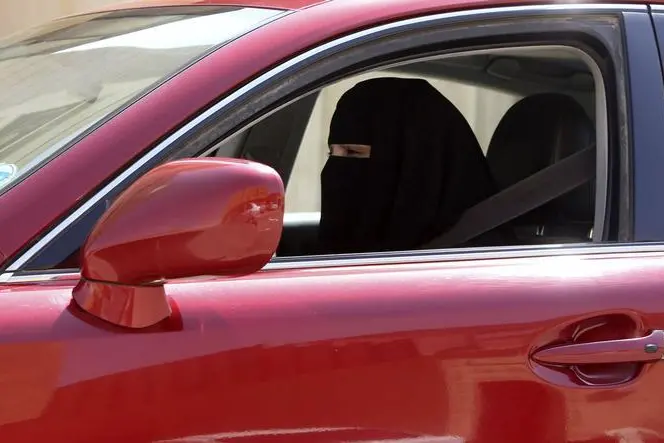PHOTO
RIYADH: Philip Alston, the United Nations Special Rapporteur on Extreme Poverty and Human Rights, said Thursday that the Saudi government should launch an educational campaign to convince the people of the importance of women driving in the Kingdom. Alston was addressing the media at the UN House in Riyadh at the end of his visit to the Kingdom. Alston pointed out that the government should create an awareness program among the people to encourage women driving in the country. Being given to understand that there is some one million foreign drivers in the Kingdom, he said it would be economical for women to take up these positions for their domestic purposes. “Lower middle-class working women could find it convenient and cost-effective if they drive their own vehicles to and from their workplaces,” Alston said.
“The driving ban should be lifted, and women should no longer need authorization from male guardians to work or travel, ” he stressed. Alston urged Saudi authorities to use Vision 2030 to enhance gender equality, especially for females in the poorer segments of society. Saudi Arabia has been criticized internationally for its record on women’s rights and the special rapporteur highlighted the deep and enduring disadvantage caused by the persistence of many features of the guardianship system or the refusal to allow women drive cars. But he also noted that economic imperatives as well as increasing demands by Saudi women, have led to a number of improvements in recent years.
“Vision 2030 recognizes that Saudi women represent ‘a great asset,’ which is currently under-utilized, and the need to recognize women’s rights points in the same direction,” Alston said. “The 2012 decision allowing women to work in the retail sector transformed the lives of millions of women who were finally able to work. So, too, should the current economic transformation lift existing restrictions on women’s economic and other independence.” Alston asked the Saudi government to recognize social protection as a human right, which he said would be in line with the Saudi Basic Law and Islamic principles and obligations. He also warned that the existing timetable for reform was unrealistically ambitious especially in light of experience of other countries showing the risks of major backlash against radical subsidy reforms.
“Despite the plethora of serious human rights issues in Saudi Arabia, the radically new approach reflected in Vision 2030, the National Transformation Program 2020 and the Fiscal Balance Program recognizes the need to encourage full female participation in the labor market, which will drive the cultural changes needed to enable women to become both more economically productive and more independent, ” Alston added. Special rapporteurs are independent experts appointed by the Human Rights Council to visit countries and offer recommendations in line with their international human rights obligations.
During his 12-day visit to Saudi Arabia, the human rights expert met ministers and other senior officials, and met with experts from the non-profit sector, academics, activists and individuals living in poverty in Riyadh, Jeddah and Jizan. The special rapporteur will present a report with his full findings and recommendations to the Human Rights Council at its 35th session in June.
© Arab News 2017





















